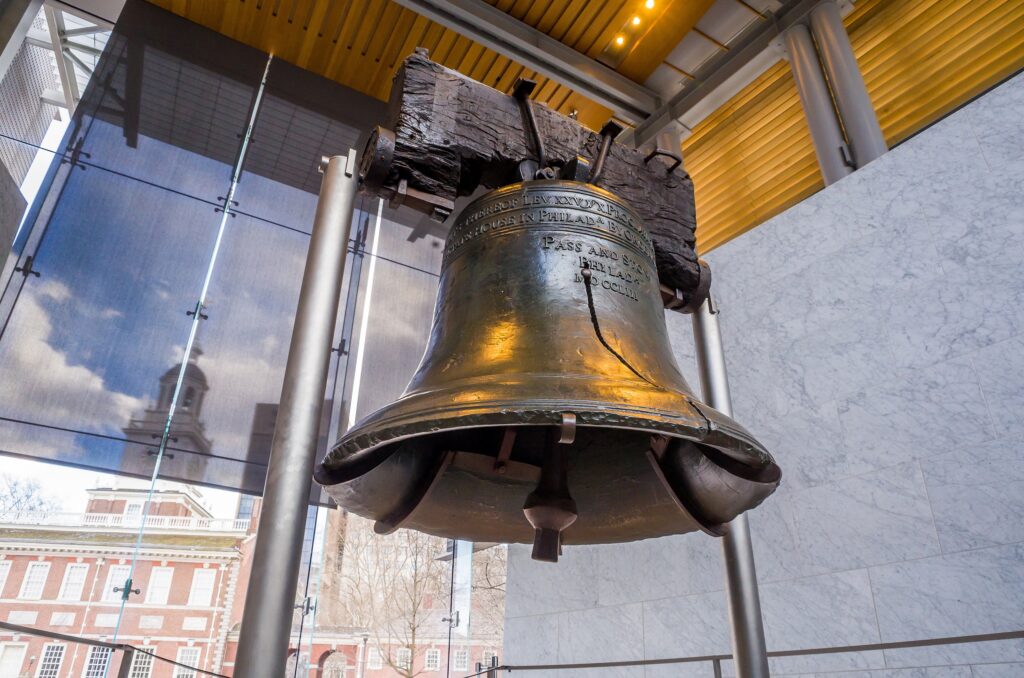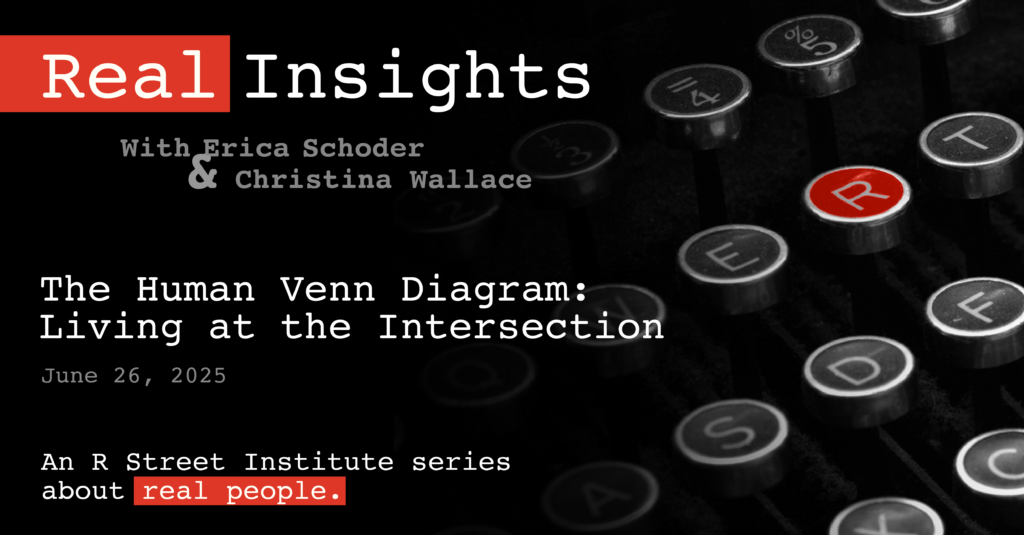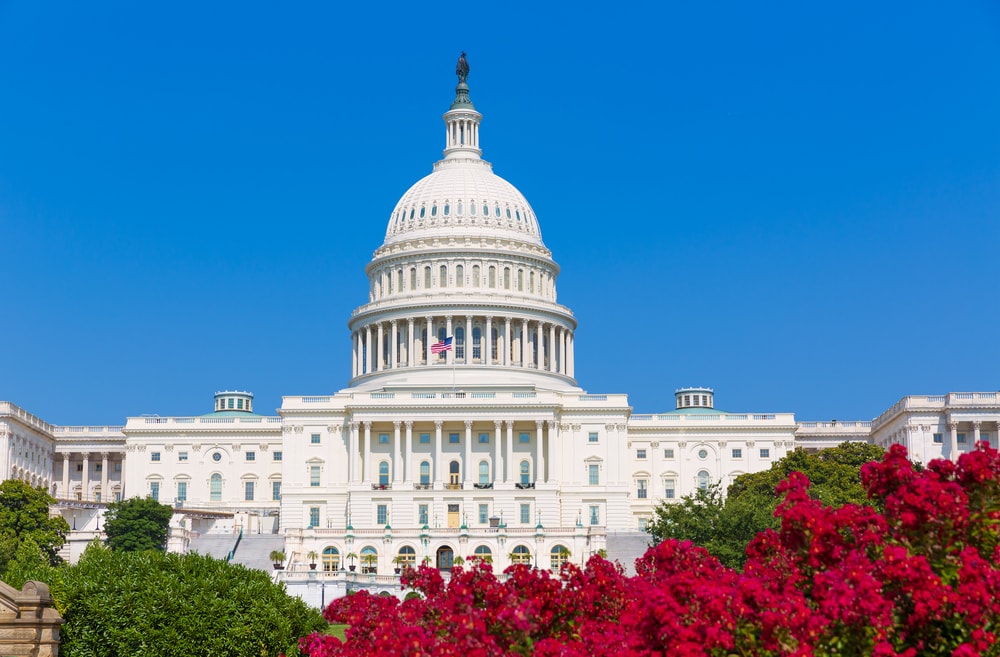A reminder: credit unions didn’t cause the financial crisis
The past several weeks have seen the fifth anniversaries of several of the epic failures of the 2008 financial crisis. There was the conservatorship of Fannie Mae and Freddie Mac; the bankruptcy of Lehman Brothers; the failure and near-nationalization of American International Group; the day the Reserve Fund “broke the buck”; the Dow Jones’ record plunge of 777 points in one trading day; and, of course, the passage by Congress of the Troubled Asset Relief Program.
Notably absent from that list is the day a credit union – any credit union – imperiled the financial system with its risky bets and asked for a taxpayer bailout.
Despite having virtually nothing at all to do with the mortgage bubble, the ensuing crash or any of the knock-on effects that would follow (indeed, despite continuing to offer credit all through the crisis, even as bank credit dried up), credit unions have nonetheless had to deal with the consequences. Namely, they have been made to comply with reams of financial regulation, much of it stemming from the 2,300-page Dodd-Frank Act. Indeed, the regulatory burden has taken its toll, as more than 700 credit unions have closed their doors since Dodd-Frank passed in 2010.
That’s what makes the current push by the banking industry to strip credit unions of their not-for-profit status and force them to pay federal corporate tax so deliciously rich. It was the big commercial and investment banks that levered up to high heaven, took enormously outsized bets and then sopped the taxpayers for hundreds of billions of dollars in bailout funds. Now, the banks are complaining that somewhere around $20 billion of untaxed proceeds over the course of a decade amounts to giving the credit unions an enormous “unfair advantage.”
We’ve said it before: if we’ve learned anything from the financial crisis and its aftermath, it should be that our priority shouldn’t be to try to make credit unions more like banks – it should be to make banks more like credit unions.









